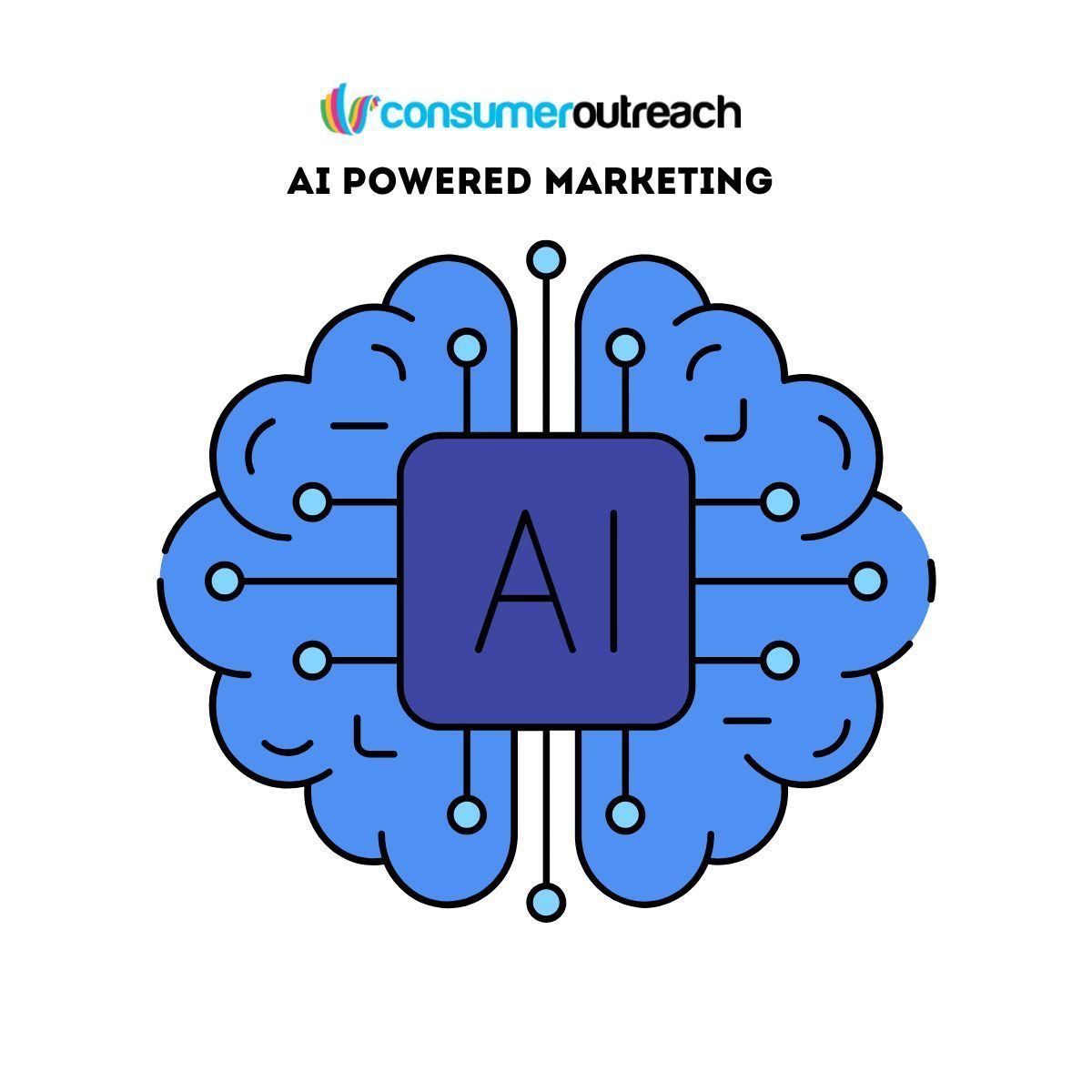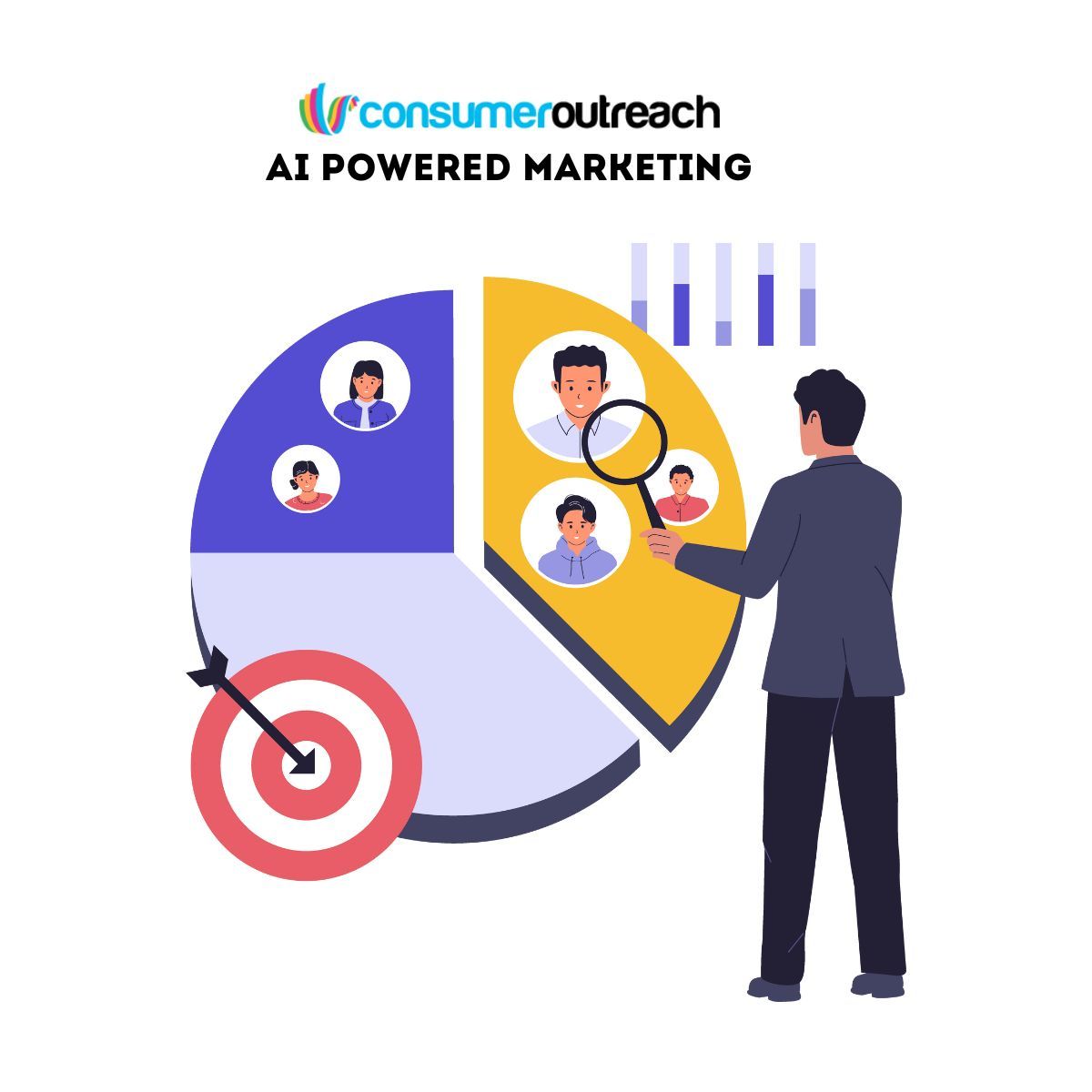The Rise of LLMs and AEO: Thriving in the AI-Driven Search Era
The Rise of LLMs and AEO: How Digital Marketers Can Thrive in the AI-Driven Search Era

As artificial intelligence continues to shape the future of digital marketing, two terms are taking center stage in 2025: LLMs (Large Language Models) and AEO (Answer Engine Optimization). For marketers striving to remain competitive in a rapidly changing search landscape, understanding how these technologies work together is essential.
Understanding LLMs and AEO
LLMs, or Large Language Models, are advanced AI systems capable of understanding and generating human-like text. OpenAI's ChatGPT, Google's Gemini, and Anthropic's Claude are just a few examples of LLMs revolutionizing the way people interact with digital information. These models are now powering "answer engines," where users input natural language queries and receive instant, relevant responses—no need to sift through traditional search engine results.
This evolution has led to the rise of AEO, or Answer Engine Optimization. AEO is the process of crafting digital content to provide direct, concise, and high-quality answers to users' questions—making it easier for LLMs to surface that content in responses.
Why AEO Matters More Than Ever
The traditional SEO landscape is shifting. Increasingly, users aren't clicking through pages of search results; they’re asking AI tools for answers. This has led to a rise in "zero-click searches," where the needed information is presented directly in the search interface.
For brands and businesses, this means visibility is no longer just about ranking on page one of Google. It’s about being the source of truth that LLMs draw from when responding to users’ queries. AEO is the strategy that bridges this gap.
Key Components of AEO
To effectively optimize for answer engines powered by LLMs, marketers should focus on:
1. Clear and Direct Answers
Create content that answers common questions succinctly. Use headers like "What is X?" or "How does Y work?" and provide a 2-3 sentence response right underneath. Think FAQ-style formatting.
2. Structured Data Markup
Use schema.org and other structured data formats to help LLMs understand the context and purpose of your content. This increases the chance your page will be used as a trusted source.
3. Conversational Content
LLMs prefer content that sounds natural and human. Avoid overly technical jargon when it's unnecessary. Instead, focus on being informative and accessible.
4. Topical Authority
Demonstrate depth and breadth in your content on a particular topic. Build multiple pages or posts around a subject to signal to LLMs that you are a go-to expert in that area.
5. Brand Trust and Credibility
Answer engines prioritize sources that appear trustworthy. Use real author bylines, cite sources, and maintain a professional, ad-free user experience.
How LLMs are Changing Content Strategy
LLMs are increasingly sophisticated and are being trained to find the most helpful and authoritative content—not just what’s SEO-optimized. That’s why marketers need to shift from keyword stuffing to providing real value.
For instance, let’s say you run a financial planning blog. Rather than just writing a listicle of "10 ways to save money," focus on crafting content like:
"What’s the best way to start a TFSA in Canada in 2025?"
"How much should I contribute to my RRSP if I make $80K a year?"
These are the types of queries users ask LLMs, and the content must be precise, personalized, and easy to digest.
Measuring AEO Success
Success in AEO doesn’t always look like a traffic spike-at least not in the traditional sense. Instead, monitor metrics such as:
- Featured snippet appearances
- Voice search result rankings
- Engagement with FAQ and how-to content
- Brand mentions in AI tools or answer engines
Also, keep an eye on tools like Google's Search Console for zero-click metrics and experiment with tools like ChatGPT to see if your content is being surfaced when you ask relevant questions.
The Future of SEO is AEO
Search engine optimization isn’t dying—it’s evolving. LLMs are at the heart of this shift, and AEO is the new frontier. By adapting your content strategy today, you can ensure your brand remains visible, authoritative, and competitive in the AI-driven future of search.
If you're a marketer or business owner, now is the time to:
- Audit your website for answer-worthy content
- Update blog posts to include FAQ sections
- Test how your content appears in ChatGPT or Gemini
- Create new content based on real questions users are asking
- Those who embrace AEO will not only survive this transition—they’ll thrive in it.
Frequently Asked Questions (FAQ)
What is a Large Language Model (LLM)?
A Large Language Model (LLM) is an advanced type of artificial intelligence trained on massive amounts of text data to understand and generate human-like language. Examples include ChatGPT by OpenAI, Gemini by Google, and Claude by Anthropic. These models are capable of answering questions, summarizing information, and even creating content—redefining how users interact with digital information.
What does AEO stand for in digital marketing?
AEO stands for Answer Engine Optimization. It’s the process of optimizing content specifically so that AI tools (especially those powered by LLMs) can easily find, understand, and use your content to directly answer users’ questions. AEO is a modern evolution of traditional SEO practices in response to the rise of AI-generated search and zero-click experiences.
How is AEO different from SEO?
While SEO (Search Engine Optimization) focuses on improving your website’s ranking in traditional search engines like Google using keywords, backlinks, and technical structure, AEO is about optimizing your content for AI-driven answer engines. It prioritizes clarity, natural language, structured formatting, and question-based content to be better understood and quoted by LLMs.
Why do I need to optimize for LLMs?
As more people turn to AI tools like ChatGPT to find answers, your content needs to be discoverable and usable by those models. If your business isn't appearing in AI-generated answers, you're missing out on visibility, authority, and potential customers. LLMs are changing how users search—AEO helps ensure your brand stays in the conversation.
Can AEO help with brand visibility even if users don’t click through to my site?
Yes. Even when users get answers directly from AI (resulting in zero-click searches), AEO helps ensure that your brand name, insights, or products are included in those responses. That increases trust, authority, and familiarity—often more effectively than a traditional ad.
How do I get started with AEO?
Start by identifying the questions your audience is asking. Then:
- Create clear, concise answers.
- Use structured data (like FAQ schema).
- Write in a conversational tone.
- Regularly update your content.
- Focus on E-E-A-T principles (Experience, Expertise, Authority, and Trustworthiness).
If you're unsure where to begin, consider working with a digital marketing expert who understands both SEO and AEO strategies.










